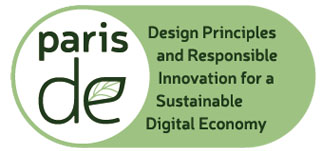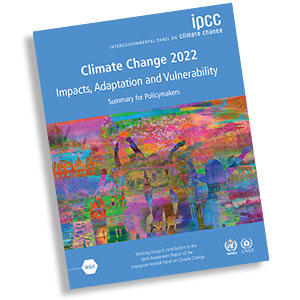by Dr Gabrielle Samuel
I recently published a paper with two PARIS-DE colleagues that reflected on the practices and perspectives of those stakeholders working on the environmental sustainability of digital technologies.
This research was part of a small award that myself and Dr Federica Lucivero received from the British Academy.
The aim of the award was to map the available knowledge, relevant actors and perceived challenges for an ethical governance approach for addressing the environmental impacts of digital technologies.
We developed two research questions. First, we were interested in what type of research is being conducted on the environmental impacts of with digital technologies. Second, we were interested in the views, experiences and understandings of experts about the key ethical governance issues.
We used two different methodologies. The first was to search scientific databases for articles that have explored or discussed the environmental impacts of digital technologies. The second was to conduct interviews with prominent scholars and stakeholders in the field.
The findings presented in our recent paper illustrate how the scientific literature, as well as the sector more broadly, nearly always uses technocentric or carbon centric approaches to address the environmental impacts of digital technologies.
Technocentric approaches revolve around the need to increase energy efficiency as a proxy for decreasing emissions. This aligned with sensible business practices as increased efficiency also reduces costs, but they fail to consider broader rebound effects i.e. that the more efficient a system becomes, the more it is likely to be used i.e., consumption increases not decreases.
Carbon centric approaches means that initiatives often focus on reducing carbon emissions rather than considering the broad range of environmental impacts that go beyond carbon emissions, such as those related to water consumption and biodiversity, but also those associated with more social sustainability, such as ensuring those in supply chains are paid adequately and appropriately.
In the paper we argue for the need to open ‘sustainability’ beyond technocentric and carbon centric approaches, as well as consider long and short-range considerations to include how we can consider adverse rebound effects
Our work in PARIS-DE is now doing this, by designing a digital sustainability framework that moves beyond such approaches.


